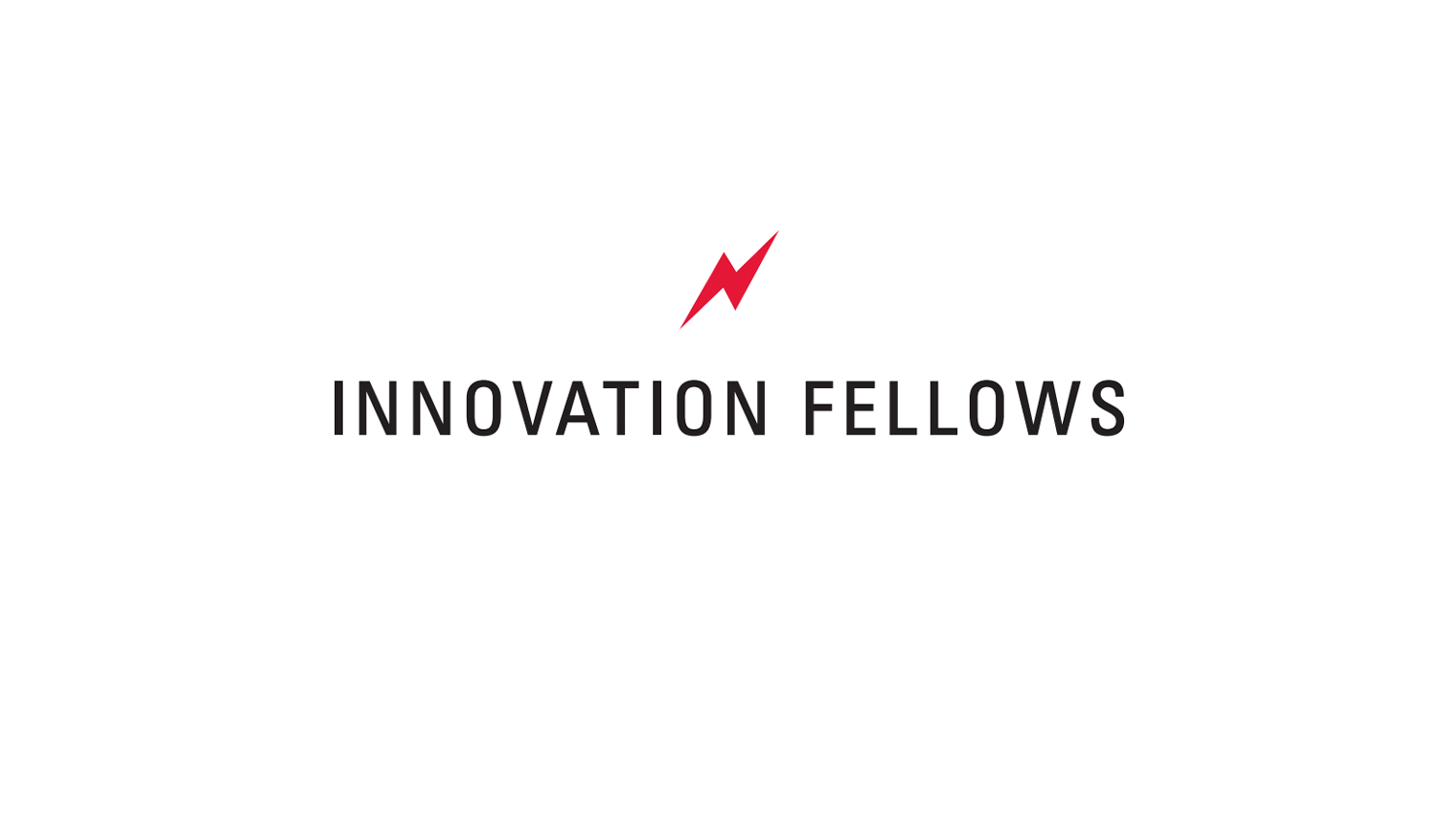Two Projects Funded through College of Education’s New Innovation Fellows Program Will Address Future Teachers’ Wellbeing, Use Technology to Improve Literacy Outcomes

College of Education researchers are working to improve future teachers’ wellbeing and harness new technology to address literacy outcomes through two projects funded by the NC State College of Education’s Innovation Fellows Program.
In alignment with the Strategic Plan: 2023-2030, the Innovation Fellows Program is designed to foster innovative, cross-disciplinary education practices by supporting projects that have the potential to create transformative experiences for students or develop new educational tools.
The two projects selected to receive up to $15,000 in funding through the program this year are:
- iWolfpack Readers and Writers: AI-Integrated Literacy Practicum for Tutoring Rural Children, led by Assistant Professor of Literacy Education Jackie Relyea, Assistant Professor of Learning, Design and Technology Joey Huang and Friday Institute for Educational Innovation New Literacies Collaborative Director Marie Himes
- Professional Advancement and Wellness Support (PAWS): A Multi-tiered System of Support for Teacher Candidates, led by Assistant Teaching Professor of Special Education Jared Stewart-Ginsburg and Friday Institute for Educational Innovation Research Scholar Krista C. Holland
Learn more about the two projects below:
iWolfpack Readers and Writers: AI-Integrated Literacy Practicum for Tutoring Rural Children
Building on the existing work of the iWolfpack Readers program, which expanded the work of the Wolfpack Readers after-school tutoring program online during the pandemic, this project will give graduate students in the College of Education’s M.Ed. K-12 Reading Program an opportunity to gain experience with artificial intelligence (AI)-powered literacy instructional tools while working with students in Edgecombe County.
The innovative iWolfpack Readers and Writers program will be designed to serve students in grades two through four who could benefit from additional support in improving reading comprehension and writing. Graduate students will serve as tutors, leading small groups of students in virtual tutoring sessions aimed at improving vocabulary, reading comprehension skills and writing development while focusing on science and social studies texts.
The program will integrate an AI-powered writing tool that will offer real-time, personalized feedback to enable students to more actively engage in their learning and receive targeted support based on their individual needs. Meanwhile the use of AI will enable master’s students to gain practice with innovative ways to teach reading and writing.
Through this personalized approach, the project aims to improve literacy outcomes and student engagement while gaining insights that could inform the development of future, larger-scale literacy intervention projects.
“Ultimately, we hope the integration of AI tools will make literacy instruction more engaging, personalized and accessible, especially for students who may not have access to similar resources outside this program,” Relyea said. “We also aim to build partnerships with the Edgecombe County community and create a program that serves their needs. This commitment is at the heart of the iWolfpack Readers and Writers program, making it more than just a tutoring program — it’s a collaborative effort to promote literacy and educational equity.”
Professional Advancement and Wellness Support (PAWS): A Multi-tiered System of Support for Teacher Candidates
Stewart-Ginsburg and Holland will create PAWS, a college-wide system designed to strengthen future teachers’ resilience, professional dispositions and overall well-being.
The system will be based on a multi-tiered system of support model, a comprehensive framework that provides academic, behavioral and mental health support and utilizes universal screening, multiple levels of prevention and intervention support, and ongoing progress monitoring. Typically used by schools for their K-12 students, the model will be adopted and applied to students in the College of Education’s teacher preparation programs to support their wellbeing.
By connecting different colleagues and units across the College of Education, including the Office of Professional Education, Student Success and Advising Center, embedded counselor, the Friday Institute and initial licensure programs, PAWS will provide three levels of support:
- Core Support, which will add resilience curricula materials to new student orientation as well as four foundational courses and pilot a universal screening process for teacher candidates’ wellbeing;
- Targeted Support, which will facilitate student participation in PAWS groups, utilize student check-ins and check-outs, and pair students with a PAWS team member to serve as an instructional coach and create a professional advancement plan;
- Individualized Support, which will be provided to teacher candidates who demonstrate persistent professional or wellbeing concerns, increasing the frequency and intensity of supports.
“Educator Preparation Programs do an excellent job of teaching theory, content and methods. But, how to manage stress or succeed in a professional setting becomes a hidden curriculum that teachers are expected to know but are never explicitly taught,” Stewart-Ginsburg said. “While we can’t remove all the stressors of the profession, we can ensure teachers have the tools they need to meet the challenges on day one so they can make the impact they want to in the lives of students and families.”
- Categories:


